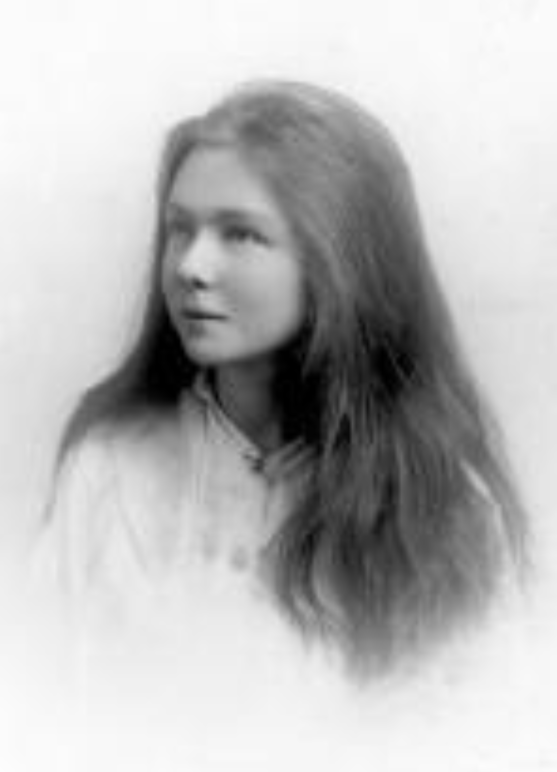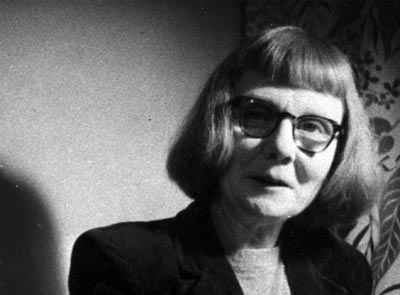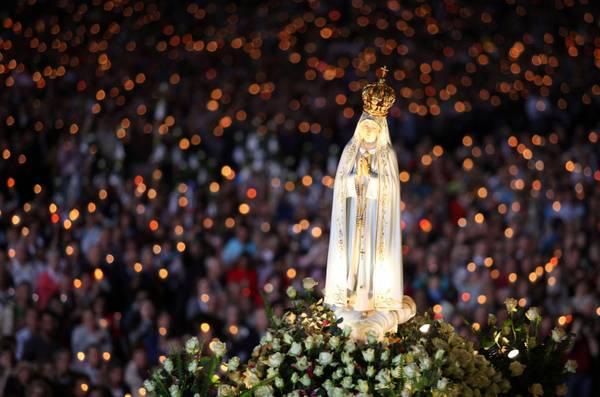This novel, which I have moved through slowly, has amazed throughout its entirety. I have seriously moved away from reading fiction, yet Ms. Houselander captivates. Her use of children embodying the innocence of Christ took a personal twist yesterday as I was given a grandson for the evening, a shopping excursion and dinner together entreating. One on one time with a child is a precious thing. Recently becoming a big brother to a sister, a second time, Tyler, a five year old, astounded with conversation. I asked him if he had ever experienced a drive through carwash. We did not go through the carwash as rain appeared inevitable, yet his response delighted. He told me he had never been in a carwash, yet he thinks he was in one when he was in his mommy’s belly, although he did not have his eyes open then so he could not see. He rambled on about eyes and being in a mother’s belly, moving his words to school and how he saw on television a man try to jump over a school however he fell and broke his neck. It was quite scary. A loud noise sounded outside the car, startling him and he apologized, explaining he did not know why loud noises scared him.
Within the ending of a story
Inside, it seemed to Timothy as if he were taking part in a pathetic pageant of the Stations of the Cross.
One by one the men stood before the officer, who looked them up and down, asked a few questions, condemned them to probable death. One by one they were stripped for the medical examination, and stood, pitifully childlike in their nakedness, immolated men. And then they were given soldiers’ clothes, and even on the big men, they seemed to sag and to be a mockery. Perhaps in a few months they would fill them, perhaps then the clothes would have wed themselves to the men and the men would be soldiers. At present they looked incongruous and ludicrous.
His own turn came, and the misery of self-consciousness of an over-sensitive school boy came back to him. He felt that his shrinking mind was exposed in his thin body, that it would glare out of his ribs that he preferred poetry to football. He hated the soldier’s coat, but it covered his nakedness.
He walked back when it was over to take his place among the other recruits, and the sound of his heavy army boots on the wooden floor sickened him with its association with school. He sat down in the row waiting for orders, and began to watch others, to try to see below the masks of their faces, to know them from their hands, the delicate scholars’ hands, the broad efficient hands of the craftsmen—”all held out for the nail” he thought, and he thought too, “how strange it is, that it is our flesh and blood, these bodies, that Christ uses for His purpose of love, as He used common bread for the Sacrament of His body. Poor bodies of men, broken, twisted, drained, ugly, and Christ present where they are. The Incarnation is everywhere.”
He felt peaceful and ready now to wait for orders. He knew that he had only been able to volunteer as a soldier because he recognized no man living as his enemy, because his offering for his friend was equally and inevitably an offering for the whole world, Germans and Englishmen alike. He had laid bare his heart.
……………….
Power, might, the Pride of Life, those things never stood alone, never dared to stand alone, and dared not stand against the guilt and misgiving even in themselves. They needed the reassurance of countless others like them, dressing like them, speaking like them, acting like them, convincing them that wrong is right because the great “All and everyone” does wrong. evil, like the devil, is named “legion”.
And those who stand for humility, thought the Archbishop, are alone, on this earth lonely. Those who hold through the ages to old conventions of holiness that Mother Church teaches in her nursery—humility, poverty, the mortification of the senses, lowliness—they are alone, he thought, even among whom they love, and again, men of goodwell learn only by striving with sanctity, are healed of their own infirmities only by dashing themselves against the rock of holiness.
He thought how the saints have always been alone and lonely on earth, because they held on with aching fingers to the holiness of Christ. Because they saw the Changeless Vision through ushered tears, and heard the voice of love through the world’s din, be it the clash of swords, the humbling of machines, or thunder of guns.
“I looked for one who would sorrow together with me and I have found no one.” Wherever they had been in the world, wherever in time or place or circumstance, they had been alone.
………………
Power, Strength, Force, the armed pride of life (evil). What force could oppose it? Could any legion of flesh and blood destroy pride? Even if it could defeat the pitiful army of robot children on the field of battle, could it destroy pride, or would that only have changed hands, to march on and on, gathering its recruits from the whole world, on and on and on to the destruction of humanity?
………………
Lovely children, with slender bodies, with rose-petal cheeks, with small pink mouths, with white bleached hair, silver, gold. The light playing on their helmets, the light flashing on their marching feet. Children swinging along in perfect time, in terrible unison, coming up to the young Christ on the cross. A cry went out from the Archbishop’s soul to the crucified Christ, “Eternal Innocence! Child of the Father, did You see the children advancing when You hung on the cross? Did the steel tramp of their feet ring in Your ears? Was the drumming in Your ears in the hours of death, turned to the shout of Kriege, Kriege, Kriege, hammering on Your bloodless brain, drowned only in the dark storm of the waters of death, the torrent inside the little skull, trying in vain to burst through the crown of thorns as You bowed Your head and died?
And as if it was in answer to his prayer, another procession of children came into his dream, walking slowly with infinite dignity, one by one, each one alone, each alone walking in the pure majesty of childhood, the holy children of our times. Gentle, devoted peasants and grave, sweet patricians, children stepping softly on blameless, naked feet. Almond-eyed children, brown from caressing suns, Melenie and Maximin of La Salette, Francisco, Jacinta, and Lucia of Portugal, Bernadette Soubirous, and behind them Anne de Guigne with her wistful face and her deep lace collar, and Guy de Fontgalland in his sailor suit, with his thick, golden fringe and his cry in the teeth of war: “Je veux faire connaitre le petit Jesus dans le monde entier!
With that cry in his ears the Archbishop awoke—and the wonder of the children who loved God remained in his consciousness like a light shinning in his breast.
He whispered, “Agnus Dei, qui tollis peccata Mundi, dona nobis pacem!”
And then, indulging his habit of talking out loud to himself, he said, “Lord, who knows, perhaps while your old men and your theologians and bishops and politicians and scholars wrestle in vain with the angel, your battles are fought and won in the nurseries.”
And suddenly, with the same surprise that we experience when we first see an open daisy in the field—the expected, the known, the ever with us, become sudden, unexpected, new—the Archbishop remembered Willie Jewel.
The whole wearisome problem of Riverside returned not now in all its adult intricacy, but in the sharp, simple vision of a child dying and a childlike old man watching from heaven.
The Archbishop got up slowly, and knelt down. After all, he was going to take Father Perivale’s advice, he was going to risk St. Peter’s view of it and ask Father Malone to hold his hand, not to work his miracle.
He knelt there, an ascetic, beautiful old man of silver, clothed in purple, with a ring like a drop of blood on his finger, the shadow of his thick white hair on his forehead like the shadow of a crown of thorns. “Father Malone,” he said softly. “Do you hear your bishop speaking to you, Father Malone?” And he felt quite sure that he did hear, that the old man was close, leaning out of heaven. He visualized him, not kneeling at the door of heaven and removing his battered hat when he heard his bishop’s voice, his umbrella filled up with stars hanging over one arm, the other arm lifted cupping his ear with his hand as he leaned forward to hear his bishop’s request.
“Father Malone, it is Archbishop Crecy speaking. You have caused a lot trouble here, Father, with your holiness; we can’t know God’s purposes as well as you know them now, Father, but we can’t help seeing and thinking and wanting from our own poor simple angle. And it seems to me, Father, that the little child’s death is in the world’s redemption, and a miracle from you—just now, Father Malone, if you will forgive me for saying so—tending towards imprudence.”
This the Archbishop made his act of faith in the sanctity of Father Malone. It was three o’clock in the afternoon, on the last day of the novena, the precise day and hour at which Willie Jewel died.
Caryll Houselander ‘The Dry Wood’

Caryll Houselander as a child.








Recent Comments